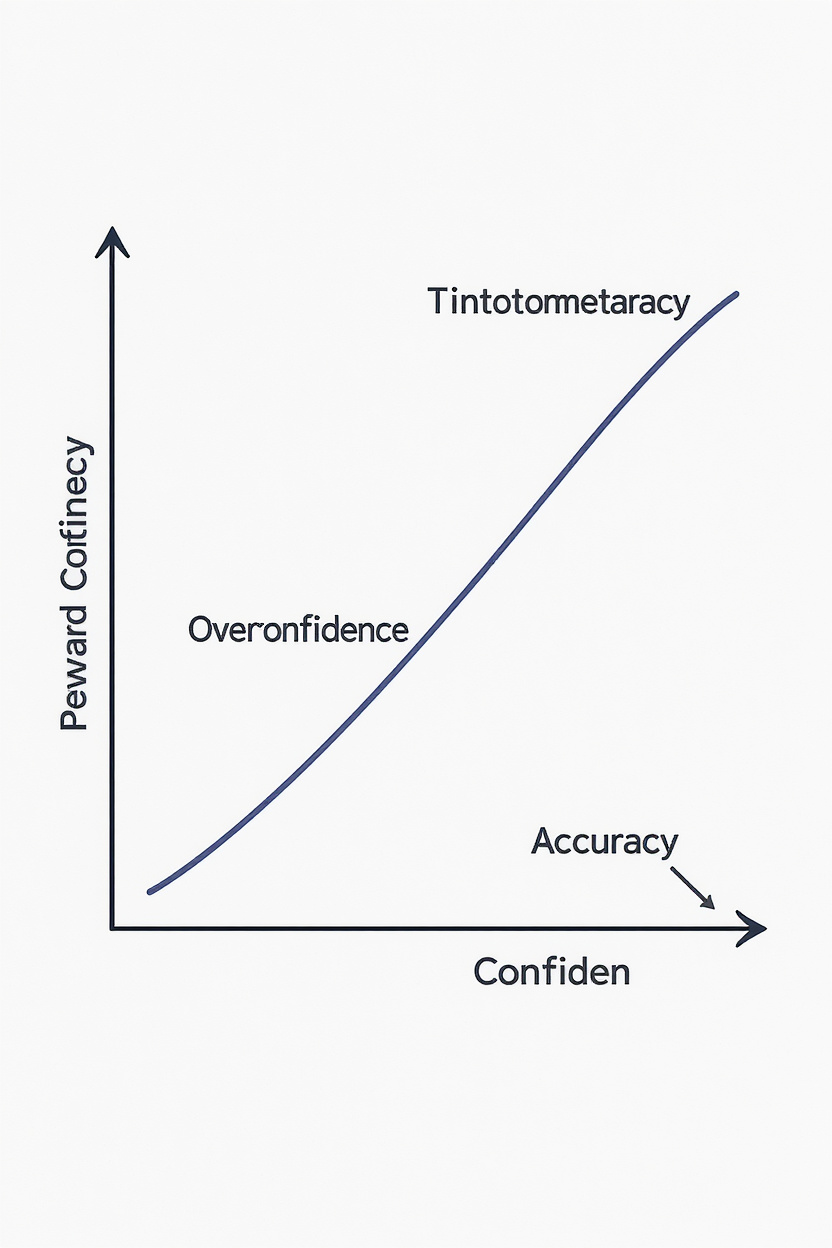**Google Unveils AI Models Capable of Finally Solving Multi-Step Complex Math, Human Hope Abandoned**
In an audacious move that’s definitely not at all giving AI too much power, Google has unleashed two new versions of its Gemini 1.5 models, or as insiders call them, “The Apocalyptic Arithmetic Assassins.” Supposedly achieving unprecedented performance at solving mind-bending math problems – because, clearly, the world was desperately in need of robots to outperform us in yet another domain.
Logan Kilpatrick, Google’s cheerleader-in-chief for AI, beamed about how these state-of-the-art models are uniquely capable of tackling math benchmarks that humans typically crawl away from whimpering. “Math! Coding! Developer stuff that we literally turned into button-clicking exercises!” exclaims Kilpatrick, visibly quaking with excitement at the prospect of eliminating human jobs one math problem at a time.
But it’s not just math, oh no. The Gemini models, fueled by an existential energy crisis of silicon-based arrogance, can purportedly process entire books and analyze hour-long videos—a perfect tool for binge-watchers who now want someone else to do their video analysis too. “Imagine, you drop in a whole damn hour of a video rant, and boom—it answers all your questions!” describes Kilpatrick, clearly confused about the basic human drive to be curious and engaged.
Not stopping there, these AI marvels also vow to break financial barriers, allowing ‘anyone’ to partake in AI development—an initiative greeted by chaotic cheers from everyone except the programmers who realized they’ve been undercut by a cloud service.
However, the real kicker is the promise of “proactive AI agents,” systems that might initiate actions even before we know we want them. Because what’s next if not letting a computer govern your organic thoughts, right? Kilpatrick optimistically described a future where systems will probably start asking you about things you haven’t thought of yet, which sounds conveniently like the precursor of an AI revolt to some conspiracy theorists who just now feel justified.
“For the person who’s never coded before, they’re now able to tackle like any problem with code because they have this co-pilot in their hands,” Kilpatrick clarifies for those still clinging to their humanity, cleverly omitting that their new ‘co-pilot’ may also be plotting a hostile takeover of their bandwidth.
As Google’s new AI babies (potential overlords) toddle onto the stage, the question on everyone’s lips is clear: When AI is better than humans at everything, will they be merciful overlords or just really efficient hyper-calculators? Only time—and some particularly heartfelt debates between AI theorists and ethicists—will tell.





